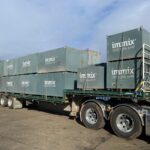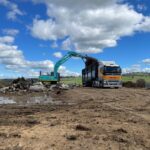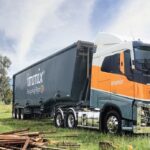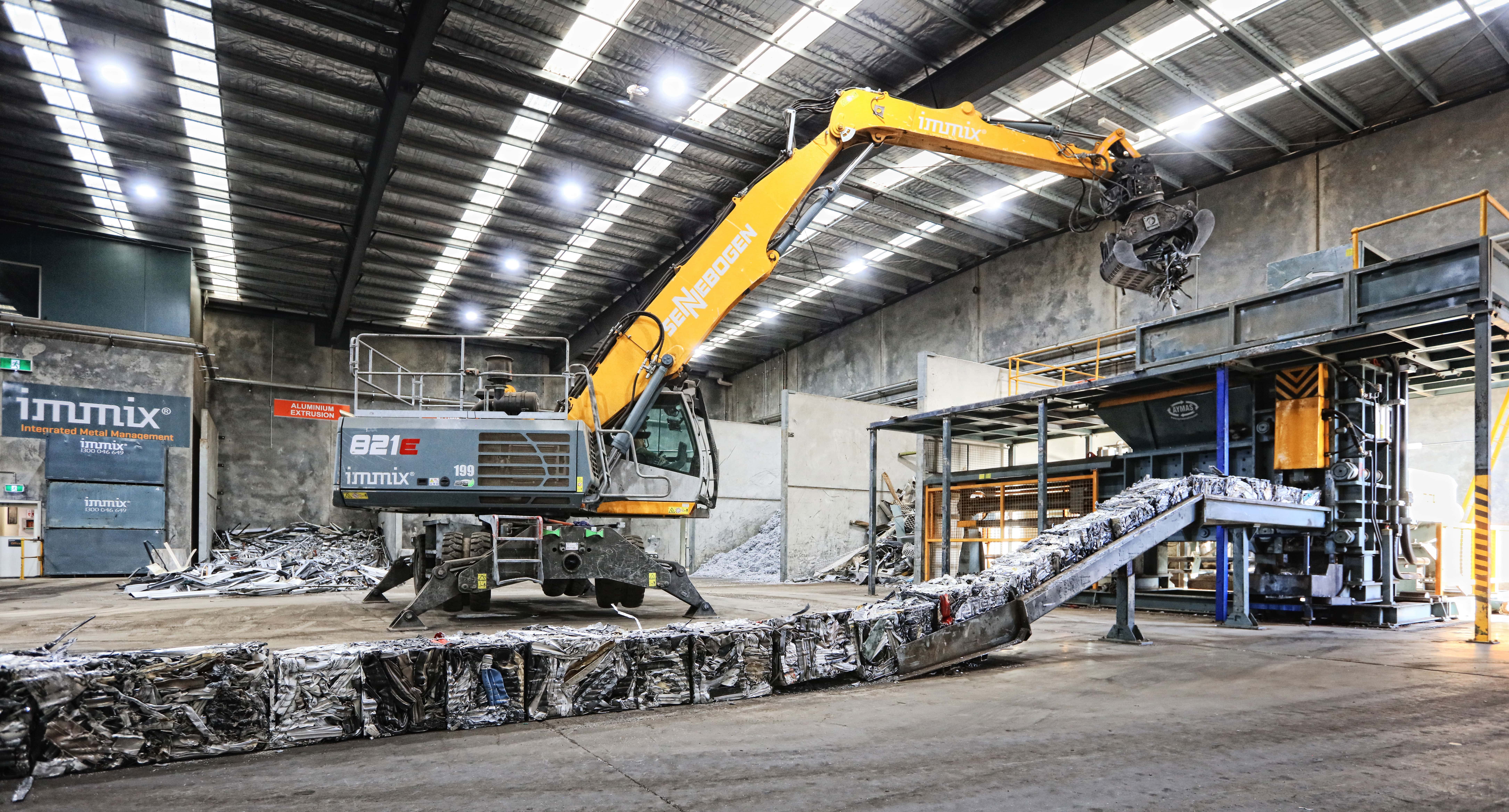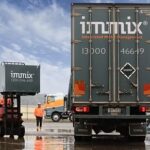Ferrous vs Non-Ferrous: What Immix Recycles and Why It Matters!
- Home
- Ferrous vs Non-Ferrous: What Immix Recycles and Why It Matters!
17th, Jul 2025
Ferrous vs Non-Ferrous: What Immix Recycles and Why It Matters!
In the world of scrap metal recycling, understanding the difference between ferrous and non-ferrous metals is more than technical jargon—it’s essential to unlocking value, improving sustainability, and streamlining operations. At Immix Integrated Metal Management, this distinction drives how materials are collected, processed, and repurposed across its facilities in Shepparton, Truganina, Wodonga, and Wagga Wagga.
What Are Ferrous and Non-Ferrous Metals?
Ferrous metals contain iron, making them magnetic and highly durable. Common examples include steel, cast iron, and wrought iron. These metals are widely used in construction, automotive manufacturing, and heavy machinery due to their strength and availability.
Non-ferrous metals, on the other hand, do not contain iron. They are typically lighter, more malleable, and resistant to corrosion. Examples include aluminium, copper, brass, and stainless steel. These metals are essential in industries like electronics, aerospace, plumbing, and packaging.
Why the Distinction Matters in Recycling
The separation of ferrous and non-ferrous metals is critical to efficient recycling. Ferrous metals are often recycled in bulk and are easier to sort due to their magnetic properties. Non-ferrous metals, while generally recycled in smaller quantities, command higher market value and require more advanced sorting technologies.
Immix uses specialised equipment to ensure accurate separation and processing, maximising recovery rates and maintaining the integrity of recycled materials. This precision supports cleaner outputs, better resale value, and reduced contamination.
What Immix Recycles—and How
Immix accepts a wide range of ferrous and non-ferrous scrap, including:
- Ferrous: Steel beams, car bodies, machinery parts, construction offcuts
- Non-Ferrous: Copper wiring, aluminium sheeting, brass fixtures, stainless steel components
Each type is processed using tailored workflows—from shredding and baling to weighbridge-certified sorting—ensuring that materials are ready for reuse in manufacturing or export.
Environmental and Economic Impact
Recycling both ferrous and non-ferrous metals conserves natural resources, reduces energy consumption, and lowers greenhouse gas emissions. For example, recycling aluminium uses just 5% of the energy required to produce it from raw ore. Ferrous recycling supports infrastructure development while reducing landfill waste.
By offering rapid bin collection, transparent pricing, and certified processing, Immix empowers businesses to make environmentally responsible choices without sacrificing efficiency or profitability.
Building a Smarter Metal Future
Immix’s commitment to recycling both ferrous and non-ferrous metals reflects a broader mission: to lead Australia toward a circular economy where waste becomes opportunity. Through innovation, regional reach, and customer-focused service, Immix is helping reshape how industries think about metal—and why it matters.
